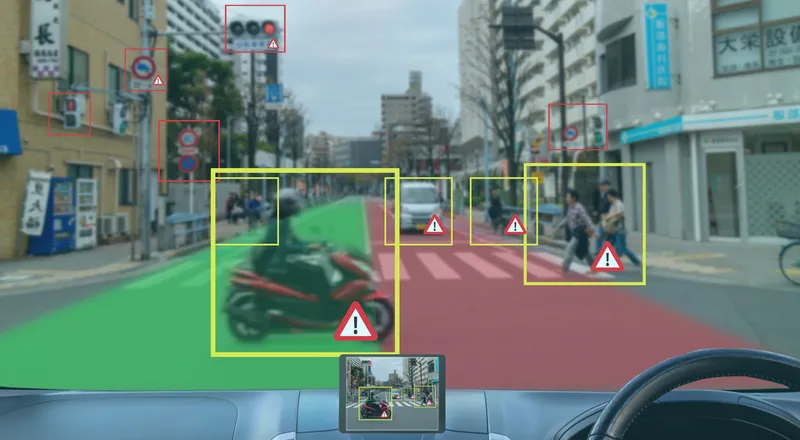The National Highway Traffic Safety Administration (NHTSA) has responded to the Trump Administration’s decision to set aside plans to require new cars to be able to communicate with each other wirelessly through vehicle-to-vehicle (V2V) technology.
NHSTA is still reviewing and considering over 460 comments submitted and other relevant new information to inform its next steps. An update on these actions will be provided when a decision is made at the appropriate time, taking into consideration the rich comments received in response to the proposed action published in December 2016. While the Department of Transportation (DOT) withdrew or revised 13 rules this year, V2V is not one of them, and it remains on their significant rulemaking report.
In a statement, NHSTA, said: “The Department of Transportation and NHTSA have not made any final decision on the proposed rulemaking concerning a V2V mandate. Any reports to the contrary are mistaken. In all events, DOT hopes to use the dedicated spectrum for transportation lifesaving technologies. Safety is the Department’s number one priority.”
NHSTA responds to Trump Administration’s decision not to pursue V2V mandate
The National Highway Traffic Safety Administration (NHTSA) has responded to the Trump Administration’s decision to set aside plans to require new cars to be able to communicate with each other wirelessly through vehicle-to-vehicle (V2V) technology. NHSTA is still reviewing and considering over 460 comments submitted and other relevant new information to inform its next steps. An update on these actions will be provided when a decision is made at the appropriate time, taking into consideration the rich
November 10, 2017
Read time: 2 mins









